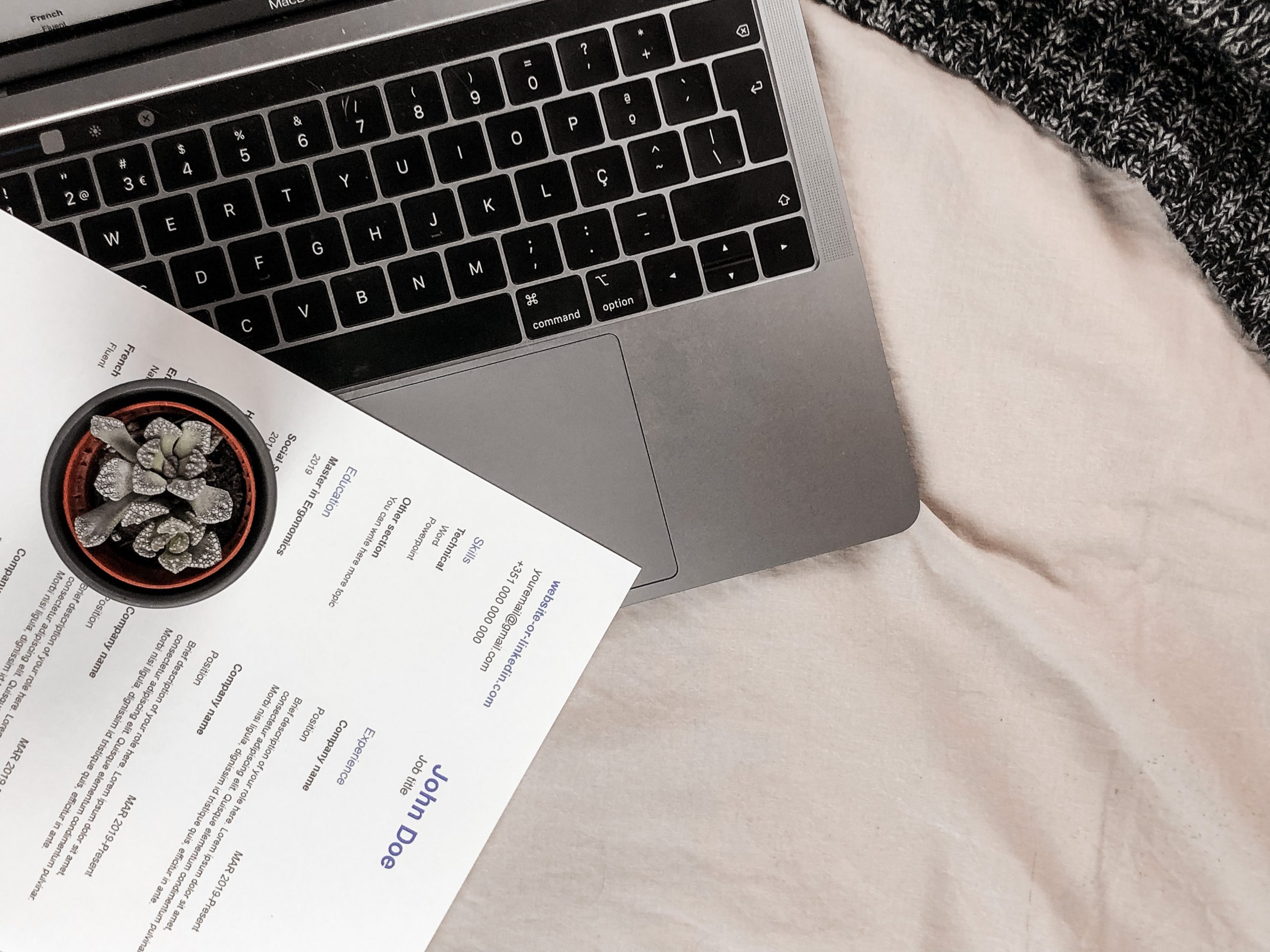You can get a payday loan even if you’re unemployed, and usually, you won’t be denied a payday loan based on your unemployment.
Acceptance for the loan, on the other hand, is a completely different thing altogether. It might seem like a good time to borrow money while you aren’t getting paid regularly, but it could affect your loan application for approval.
Cash advances, secured loans, and guarantor loans are great alternative solutions if you are unable to receive a payday loan.
Am I eligible for a payday loan?
As we’ve covered in previous articles, there are only four requirements to qualify for a payday loan, which holds even if you are unemployed.
- You must be a citizen of the United States.
- You need to make at least $800 a month in regular income (this income can be anything like a business if you are unemployed).
- You must maintain a checking account.
- You must be at least 18 years old.
If you wish to apply for a payday loan, it will only take a few minutes, and if your application is accepted, you will get your funds the next business day.
Can I Get a Payday Loan if I’m Unemployed?
Payday loan lenders usually welcome all borrowers, unlike traditional financial institutions that regularly refuse loan applications from the jobless. Depending on the laws in your state, all you have to do is show proof that you have a steady source of income.
Even if you apply for a payday loan while unemployed, there is no certainty that it will be approved. Your likelihood of being accepted will increase if your credit history is good.
Many lenders will provide loans to those who are unemployed, have low incomes, or have bad credit histories. If you’re unemployed, most lenders of short-term loans will accept you; however, some might ask for a guarantor. However, you might not be able to obtain a sizable loan with a guarantor if you are unemployed.
The process of applying for a payday loan when you are unemployed is the same as that of applying when you are employed. You must submit an application to a lender directly or via a broker, and they will evaluate it in light of their eligibility conditions. It is wise to review the prerequisites before submitting an application to ensure that you are qualified.
Before making a decision, lenders will need you to complete a credit and affordability check successfully. You’ll likely be approved for a loan if you have applied for numerous credit lines, have a terrible credit history, have been declared bankrupt, and are unemployed.
If your loan request is approved, your lender or broker will set up a way to get the loan payments on the dates you’ve given them. They will also make the necessary financial arrangements.
How can I increase my chances of getting a payday loan if I’m unemployed?
If you don’t have a job, it’s common to get a new payday loan, but the interest rate on the repayments will likely be higher. This is because you can seem risky to the lender due to your inconsistent income. You also need to have something that can qualify as a regular income.
Lenders will consider your loan application even if you do not have a job, but if you have another reliable source of income. If your income meets the criteria below, a payday lending company will examine your application.
Stable Income: To be eligible for a payday loan, you must have a solid income that you get regularly.
More than $800 in earnings every month: You must make at least $800 per month. Whether or not your salary is adequate to make the repayments will determine whether or not a lender will approve your loan.
A payday loan can be obtained without a job, so keep that in mind. You may have a job, receive benefits, or have another reliable source of money.
What are the options for unemployed people to get the money they need?
You might be able to get the following loans if you’re unemployed:
Cash Advance Apps
Payday loans and cash advance applications have a lot in common. They are tiny; short-term loans are often paid back with your upcoming paycheck. The fees and interest rates account for the difference. Most apps for cash advances don’t impose interest or other costs. As a substitute, they want “tips” from borrowers, and some impose a nominal monthly fee of as little as $1.
Secured Loans
With a secured loan, you can repay the money based on an asset, such as your house or car. Since the lender faces little risk if you cannot repay the loan, secured loans often offer lower interest rates. As a result, if you cannot make the monthly installments, the lender may resort to using your assets.
Guarantor Loans
A guarantor loan is one where another person, usually a friend or family member, co-signs for you. This means they can make any repayments if you cannot. When this is the case, your guarantor must also pass the same eligibility and credit checks as you. It is usually best if they have a job.

